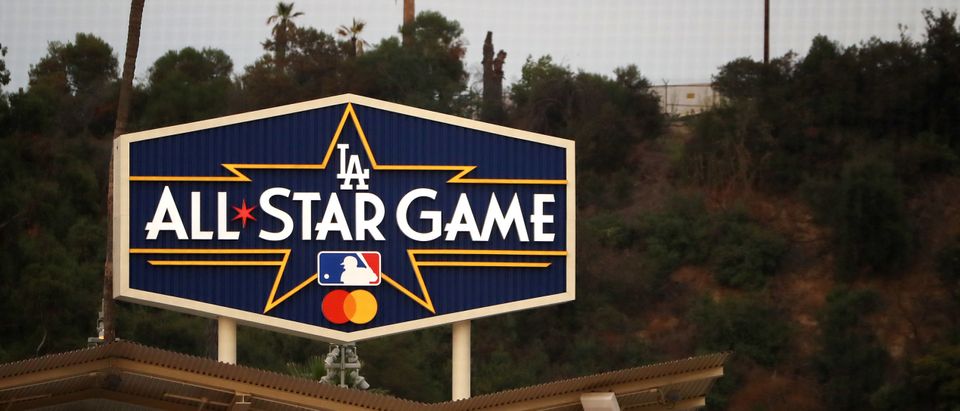Following the 2020 election cycle, there was social unrest on both sides of the aisle; some Republicans falsely claimed the election was rigged and Democrats claimed voters were disenfranchised. Corporate America has taken upon itself a larger role within that fractured social stratosphere as they use their deep pockets to influence public opinion and policy.
When Georgia passed a series of election reform laws, calls for boycotts against the state broke out. The Georgia laws included one law that added a voter ID requirement to voters seeking to vote by absentee ballot, while other provisions expanded early voting access for most counties. (RELATED: Less Than 10,000 Georgia Voters Have No Form Of ID Associated With Their Registration)
In response, leaders of 100 major corporations gathered via Zoom Saturday to discuss ways to combat election integrity laws. The executives claimed the new laws restricted voting access. Among those on the call included the owner of the Atlanta Falcons who also co-founded Home Depot, the chairwoman of the Starbucks board and the CEO of AMC Entertainment, according to The Wall Street Journal.
Yale School of Management professor Jeffrey Sonnenfeld, who helped organize the meeting, told The Washington Post corporate leaders demonstrated a “defiance of the threats that businesses should stay out of politics.”
Hundreds of corporations, celebrities and top executives announced on Wednesday their unified opposition to “any discriminatory legislation” that allegedly makes it harder for people to vote.
“We stand for democracy,” the statement, first reported by The New York Times, said. “We should all feel a responsibility to defend the right to vote and to oppose any discriminatory legislation or measures that restrict or prevent any eligible voter from having an equal and fair opportunity to cast a ballot.”
Following public outcry, MLB was one of the first organizations to withdraw from Georgia as a location for its All-Star Game as a message against the election laws.
“I have decided that the best way to demonstrate our values as a sport is by relocating this year’s All-Star Game and MLB Draft,” MLB Commissioner Rob Manfred said in a statement.
Then, actor Will Smith announced Monday his latest production “Emancipation” will leave the state in protest of “newly enacted voting restrictions.”
We have decided to move production of our upcoming film “Emancipation” from the State of Georgia due to the newly enacted voting restrictions passed by the state legislature and signed by the Governor.
— Westbrook (@WestbrookInc) April 12, 2021
While this isn’t the first time corporations have tried to take an active stance in the midst of civil unrest, the fact that a coalition of major corporations are planning on opposing the election laws, is novel, according to Columbia Business School professor Vanessa Burbano.
“Corporate activism, wherein companies communicate stances on social-political issues, is a relatively new phenomenon that we saw very little of ten years or so ago, but which we have seen skyrocket in the past few years,” Professor Burbano explained to The Daily Caller.
Other major corporations like Coca-Cola and Patagonia have spoken out in opposition against Georgia’s laws as well. And, just last year, Coca-Cola, Hershey and other big-name brand companies boycotted advertising on Facebook for apparently making “profit” from hate speech on their platform.
Another example included the National Collegiate Athletic Association (NCAA) boycott of North Carolina in 2017 after the state passed a law that banned transgender women from using female restrooms. The law was later repealed, prompting the NCAA to end its boycott “reluctantly,” according to The New York Times. Furthermore, Walmart pulled rifles off its shelves in 2015 as debate about gun control intensified following mass shootings.
“It makes sense to me that we are seeing more examples of companies banding together on these issues in recent years,” professor Burbano continued. “There is strength in numbers and communicating a given stance is less risky – in terms of blowback from politicians, consumers, or employees who disagree– when done in numbers.”


